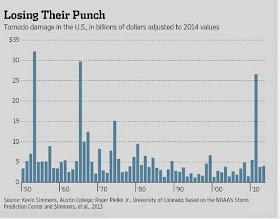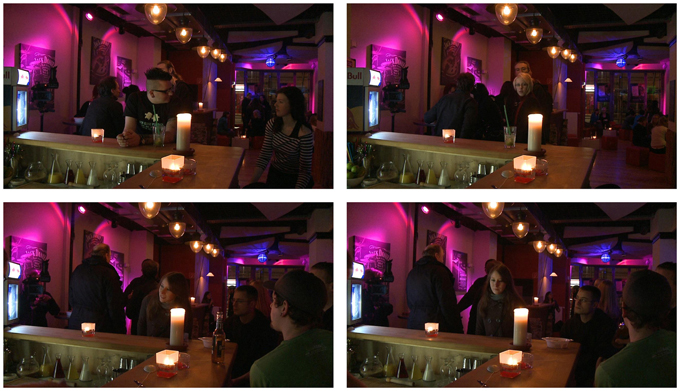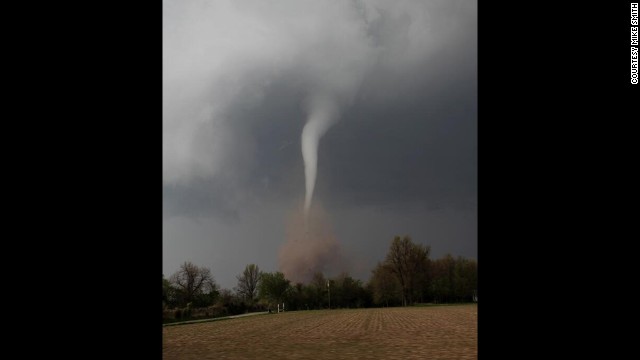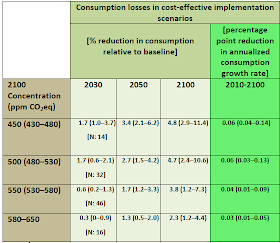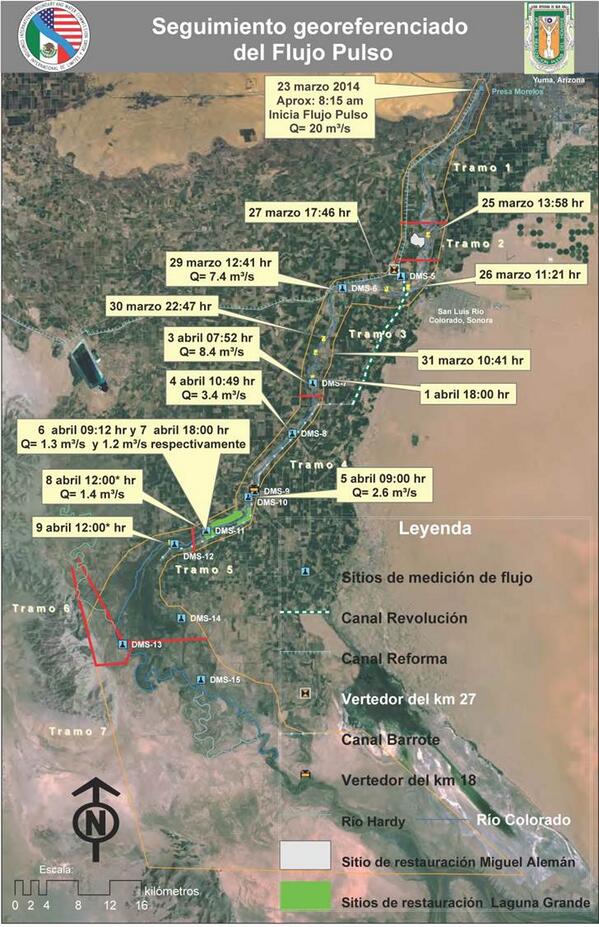Dano writes to Eli
“I have discovered that all the unhappiness of men arises from one single fact, that they cannot stay quietly in their own chamber.” – Blaise Pascal

Two things the bunnies may have noticed about recent denialist complaining: the recycling of the “models can’t predict” talking point has grown quite loud, assertive and certain, and of course the increase in noise of the “no warming since 1998” talking point. We’re not here at the bar, sharing a carrot juice, to give these serious consideration - except for background to the following, in the context of head bunny Eli’s revealing recent posts about RP Jr/Revkin, and why denialists deny.
First a little background for the journey.
Bunnies may have read Michael Mann’s recent
SciAm article about the
climate danger threshold. Basically, he calculated when the tipping point would be depending on likely Equilibrium Climate Sensitivities (ECS). The headline of this
SciAm piece said it would be the year 2036 – in many of your lifetimes. A good chance not mine, but maybe yours. Mann also said that if the Faux Pause is robust and continues, the tipping point/threshold is extended ~10 years.
As the chorus of voices saying ‘we should do something’ grows louder, getting close on dates (‘by when’) is important (and perhaps the motivation behind the increasing number of disinformation transmissions about “models can’t predict”).
Recently Eli shared with us some of the interesting backgrounds of a couple dwellers in the Wegmanesque Web of so-called “honest brokers”, who want you to believe we shouldn’t rush into things let we upset the delicate confidence of the
rentier class job creators. As the bunnies know, the longer we wait the greater the future costs (and less hit to profits next quarter). The last press releases on costs if we start now are a mere annual reductions of global GDP of 1.7% in 2030 and 4.8% in 2100 compared to a baseline growth of 300 to 900% in the century.
This amounts to an annualized cost of 0.06% compared to baseline growth of 1.6 to 3% per year. In other words, the cost, IF WE START NOW, is in the noise (cue collective gasp from the usual suspects) – this doesn’t comport with the soothing sounds from the honest brokers. And having a date in the near future makes honest brokering seem specious. But golly, maybe it’s too late anyways and so all our money should go into adaptation. So what to believe?
Well, maybe first we should have a better dialogue on what are these ‘thresholds’ or ‘tipping points’ or ‘inflection points’, depending on your discipline – I say “tipping points” in ecological contexts or “a-ha moments” if talking about social diffusion.
What is a tipping point in ecology/society? It is merely this: a point that indicates a change of state to a new state or condition. A “flip” in state, if you will, to a new state. A new system takes over, with new drivers and new outcomes. That’s it.
Depending on the system, that “point” might have a time scale of a year, a day, a decade. The important thing is that there will be a new state, with new drivers, new energy flows, new reactions to disturbance. Biota – living things – now have to react to new inputs, new flows, new changes in nutrient cycling for which they may or may not be adapted (or have the ability to adapt to).
Since there has been no large-scale state change since the end of the last ice age, human societies have no record to draw on for guidance on how to go forth in this new state (or, also a possibility, transitional state). Doubly troubling – the climate’s temperature has been quite steady since stabilizing after the last glaciation, a rarity in the global record as we understand it.
Is this a “catastrophe” and should the denialists start screaming CAGW!! or what? We don’t know. We’ve never done this before. Risk managers, generals, and some leaders might not like the chance that society as we know it – constructed on $trillions of sunk costs – might change on large scales and some of that investment in society will be literally sunk.
To me, most importantly, we’ve never grown food in a system that’s flipped to a new state – and nested in other systems that may or may not flip, further increasing uncertainty and fostering emergent conditions (that’s ecologyspeak for ‘surprise”).
This article on the challenges to adapt food systems to human population and diminished terrestrial resources in 2050 seems to me to have an undercurrent of system brittleness to it, and doesn’t really mention climate disruption to a realistic degree. Pile on the fact that we’ve only just begun to urbanize and we are nowhere close to figuring out how to get along and trade fairly with one another, and the challenges are daunting.
But that is not to say this is a “catastrophe”. There will be monumental changes. There will be risk. And loss. And disruption. And less – there will likely be much less if the population sustains only a small hit. We will have a hard landing or a soft landing, but that depends upon us. Can we actually learn to get along with each other in order to continue after the disruptions?
Maybe the denialists deny because they know they do not get along well with those outside their tribe and they will have to after the tipping point. I won’t give them that much credit for thinking it through, though, and will stick with: denialists deny to protect their self-identity.
One other thing: two interesting recent articles were published in the wake of all this recent publishing and posturing, about our ability to conceptualize and face what’s coming. One from an old, hard
environmental activist and one from an environmental
history `professor, both saying about the same thing. More pop psychology, anyone? Me, I’ll have another carrot juice from that bartender with the very shiny fur. Mmmmmmm.

